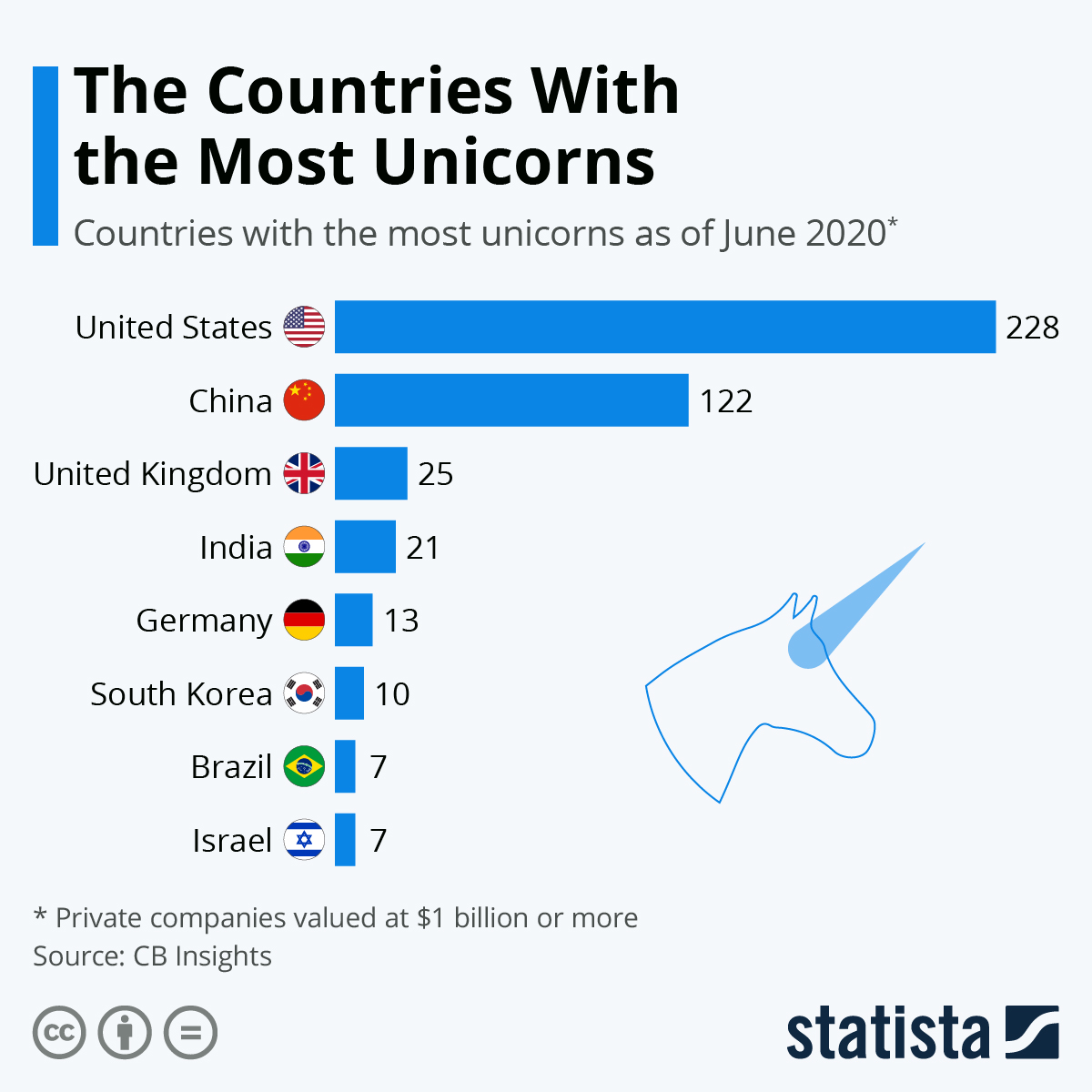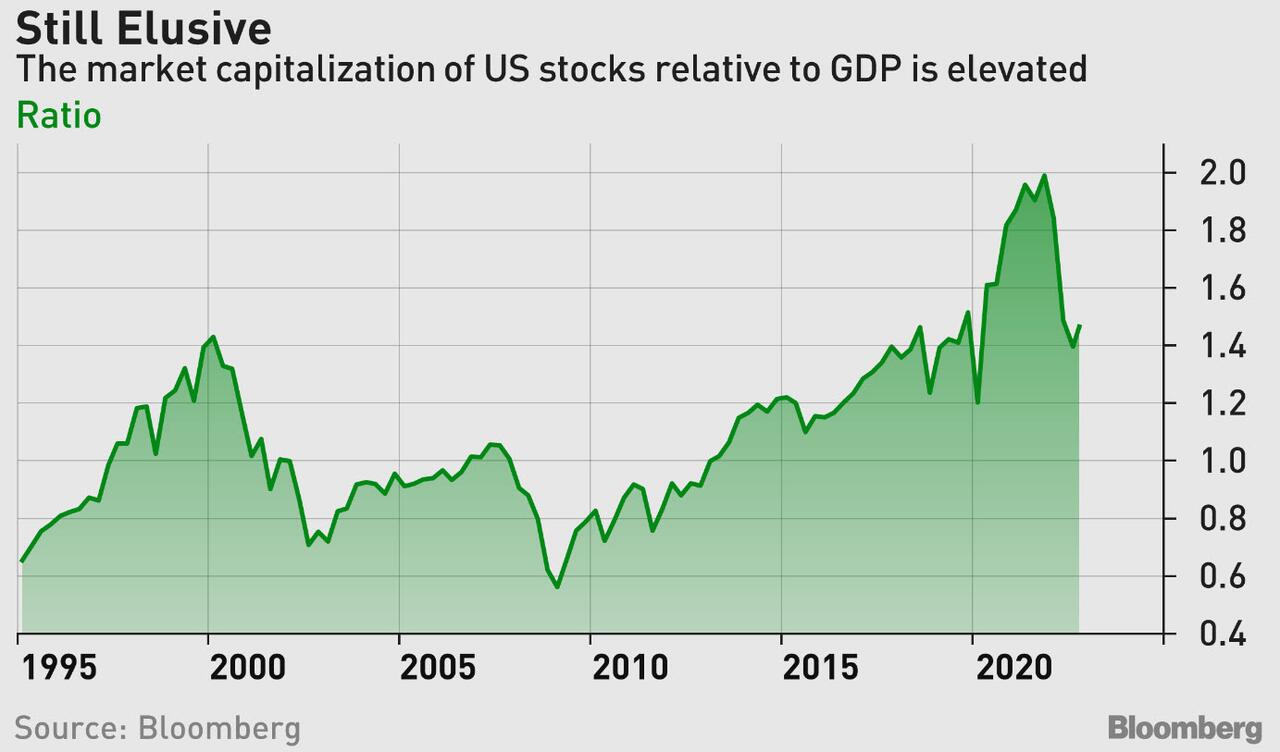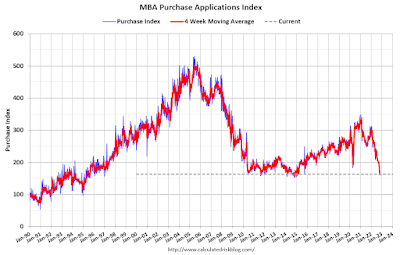[Orignally posted in 2007], the Supreme Court removed the blanket prohibition against retail price agreements between manufacturers and retailers. PING (the golf club manufacturer) submitted an
amicus brief in the case that detailed how difficult it is to prevent discount retailers from free riding on the custom fitting services of full service retailers.
The discount retailers were advising consumers to visit a full-service retailer to request a custom-fitting session, and then bring the specifications for custom-made clubs back to the discounter.
PING could control this kind of opportunistic behavior only by dropping dealers, a very costly option. [For an economic analysis of resale price maintenance, see the
amicii brief of 24 antitrust economists--full disclosure: I am one of the 24].
Now PING has another option, minimum resale price maintenance. The federal legality of these agreements will now be determined under a rule of reason. However, it is likely that those states more inclined towards regulation, like California and New York, will try to "repeal" the Supreme Court decision with state legislation, setting up a conflict between state and federal antitrust laws.
This just in:
some manufacturers are suing retailers who sell merchandise on eBay at a discount.









